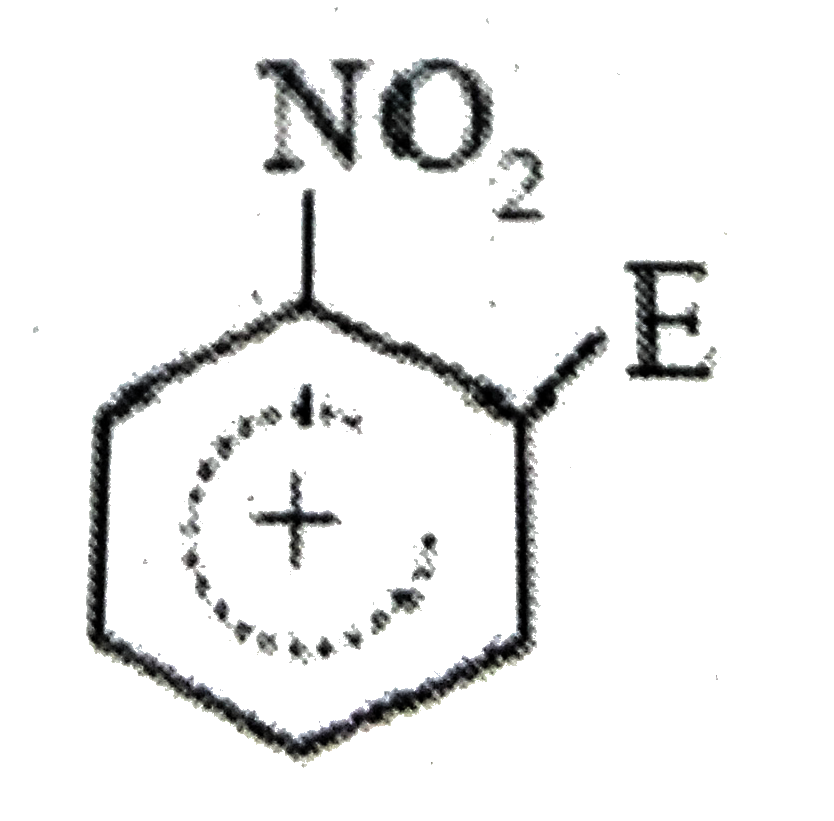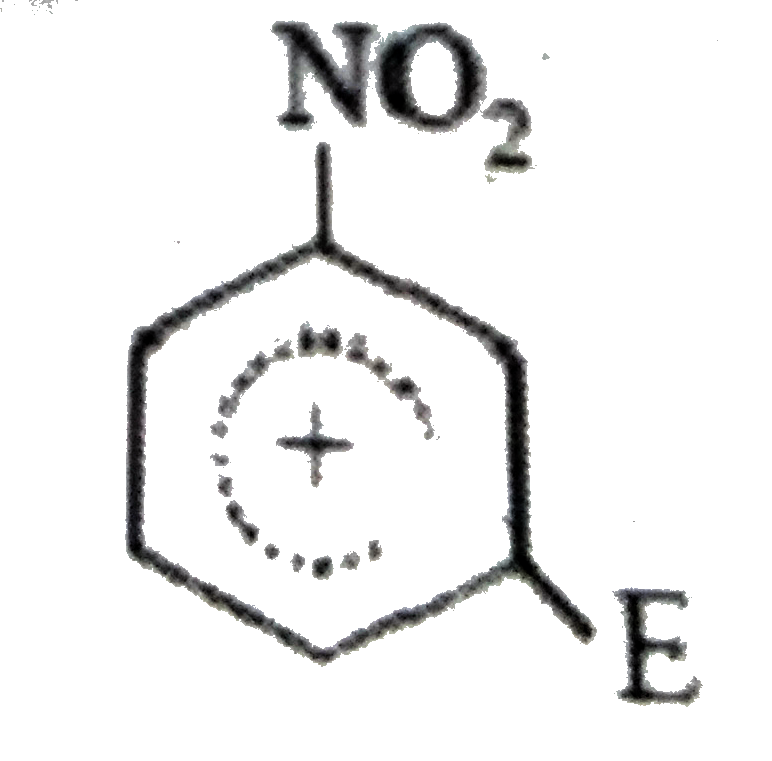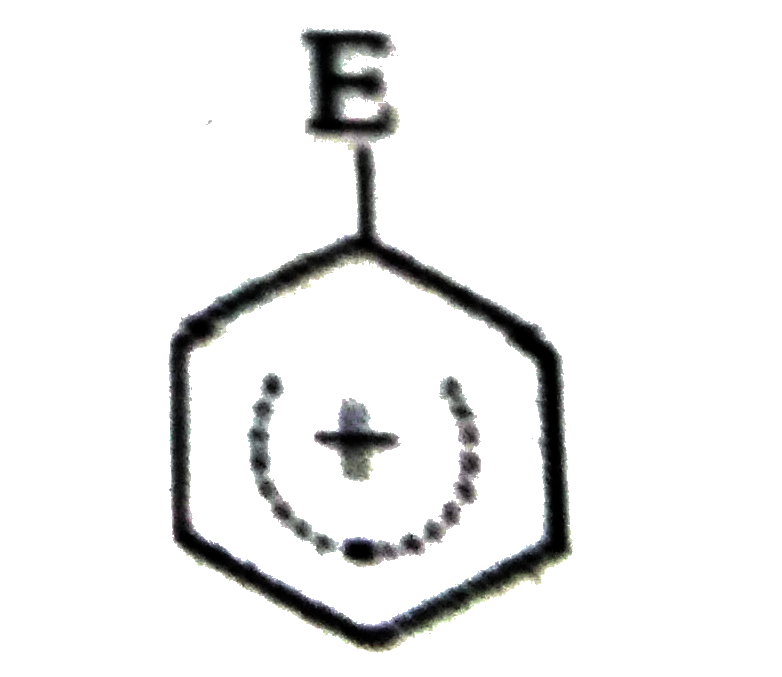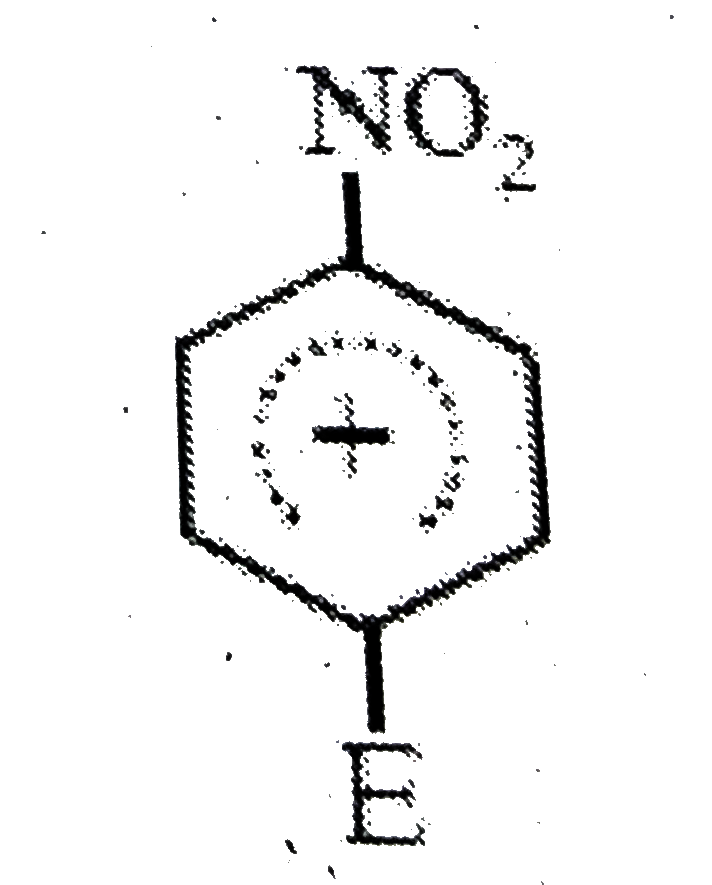Which intermediate of TAC cycle is withdrawn for synthesis of chlorophyll
alpha-KGA
Succinic acid
Succinyl CoA
Acetyl CoA
To determine which intermediate of the TCA (tricarboxylic acid) cycle is withdrawn for the synthesis of chlorophyll, we can analyze the options provided:
1. Understanding the TCA Cycle: The TCA cycle, also known as the Krebs cycle, is a series of enzymatic reactions that produce energy through the oxidation of acetyl-CoA derived from carbohydrates, fats, and proteins. It also produces various intermediates that can be used for the synthesis of biomolecules.
2. Identifying the Intermediates: The options given are:
- A) Alpha-ketoglutarate (α-KG)
- B) Succinic acid
- C) Succinyl coenzyme A
- D) Acetyl coenzyme A
3. Analyzing Each Option:
- Alpha-ketoglutarate (α-KG): This is an important intermediate in the TCA cycle, but it is not directly involved in chlorophyll synthesis.
- Succinic acid: This is another intermediate in the TCA cycle, but it does not serve as a precursor for chlorophyll.
- Succinyl coenzyme A: This compound is derived from succinate and is involved in various biosynthetic pathways. It is known to be a precursor for the synthesis of chlorophyll.
- Acetyl coenzyme A: While acetyl-CoA is crucial for entering the TCA cycle, it is not specifically linked to chlorophyll synthesis.
4. Conclusion: Based on the analysis, the correct answer is C) Succinyl coenzyme A, as it is the intermediate withdrawn from the TCA cycle for the synthesis of chlorophyll.
Final Answer:
The intermediate of the TCA cycle withdrawn for the synthesis of chlorophyll is Succinyl coenzyme A (Option C).
- A) Alpha-ketoglutarate (α-KG)
- B) Succinic acid
- C) Succinyl coenzyme A
- D) Acetyl coenzyme A
- Alpha-ketoglutarate (α-KG): This is an important intermediate in the TCA cycle, but it is not directly involved in chlorophyll synthesis.
- Succinic acid: This is another intermediate in the TCA cycle, but it does not serve as a precursor for chlorophyll.
- Succinyl coenzyme A: This compound is derived from succinate and is involved in various biosynthetic pathways. It is known to be a precursor for the synthesis of chlorophyll.
- Acetyl coenzyme A: While acetyl-CoA is crucial for entering the TCA cycle, it is not specifically linked to chlorophyll synthesis.
The intermediate of the TCA cycle withdrawn for the synthesis of chlorophyll is Succinyl coenzyme A (Option C).
Topper's Solved these Questions
Similar Questions
Knowledge Check
5C intermediate molecule in TCA cycle is
ACitric acidBSuccinyl CoACα-ketoglutamic acidDFumaric acidWhich intermediated is most stable?
A B
B C
C D
D
Which intermediate compound is involved in the synthesis of amino acids
AMalic acidBCitric acidCα-ketoglutaric acidDIsocitric acid
Which is a component of chlorophyll ?
View SolutionWhich is essential component of chlorophyll
View SolutionWhich metal ion is a constituent of chlorophyll?
View SolutionThe intermediate host in the life-cycle of liver fluke is
View SolutionWhich metal ion is a constituent of chlorophyll ?
View Solution
